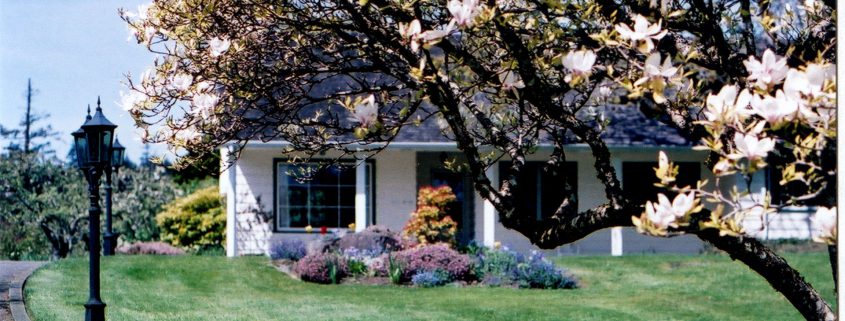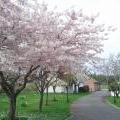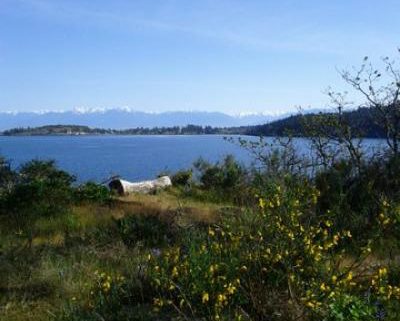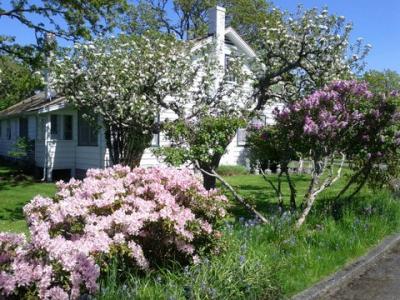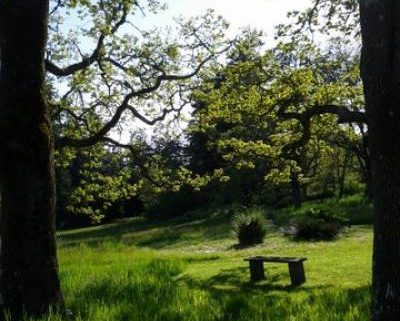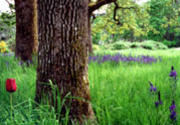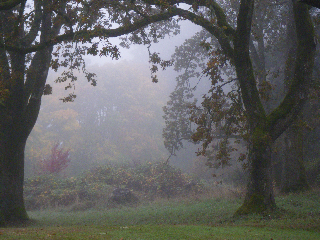Intelligence, Love, and the Self
Weekend Retreat with Hilary Rodrigues
August 25 – 27, 2017
This was the eighth annual retreat with Prof. Hilary Rodrigues at the Krishnamurti Educational Centre of Canada in Metchosin, BC. Hilary is a professor of Eastern religious traditions at the University of Lethbridge and a former teacher and administrator at the Krishnamurti school that once existed at the site of the KECC. He has published books and articles on aspects of Krishnamurti’s thought, including the book Krishnamurti’s Insight, and has given presentations on K’s teachings in New York, New Delhi, Victoria, and Ojai, California. Entitled “Intelligence, Love, and the Self,” Hilary made it clear at the Friday night introductory talk that this was not to be an academic workshop, but “an opportunity to inquire deeply into particular issues in a personal and holistic way with others.” In a handout, Hilary explained that “the weekend retreat and sessions will provide a venue for inquiry primarily into the nature of the self. What is the self? What are its characteristics? Why do some spiritual teachings promote self-denial, or even destruction of the ego? Our initial focus on the self will be to set the foundation for an exploration of the self’s relationship to love and intelligence. We will also inquire into: What is love? Intelligence? We will draw from the teachings of J. Krishnamurti and others to trigger our discussions and inquiry.”
The Friday night talk, attended by sixteen people, set the stage for the weekend of exploration. During the presentation, Hilary drew attention to the intensity and richness of such a group of interested seekers coming together to inquire and share. In particularly engaging moments he pointed to the possibility that everything we might be looking for is actually fully present in this very moment, if only we bring a sensitive attention to it. Throughout the weekend, attended by twelve plus Hilary, he skillfully presented the topics of inquiry which were then investigated as a group, with a rich interaction of the group members being an essential part of the process along with an intention to be choicelessly aware of our responses and reactions to whatever was taking place. Again, during these sessions Hilary pointed to the immediacy of our present experience and the looking, listening, and awareness that can open up the “suchness” of the moment. It was a
powerful blend of pointed intellectual investigation, which included some discussion of what a few Eastern spiritual traditions say about the self, love, and intelligence, along with the actual practice of experiential self-knowledge as we looked at ourselves. It offered the possibility of a deeper awareness of the presence of love and intelligence in our own being.
The talks and dialogues were supplemented by a video of Krishnamurti speaking at Brockwood Park in 1982, free time to enjoy the property and the beautiful surroundings, and delicious meals from Pearson College. It was a wonderful weekend and we look forward to hosting Hilary again next summer.


